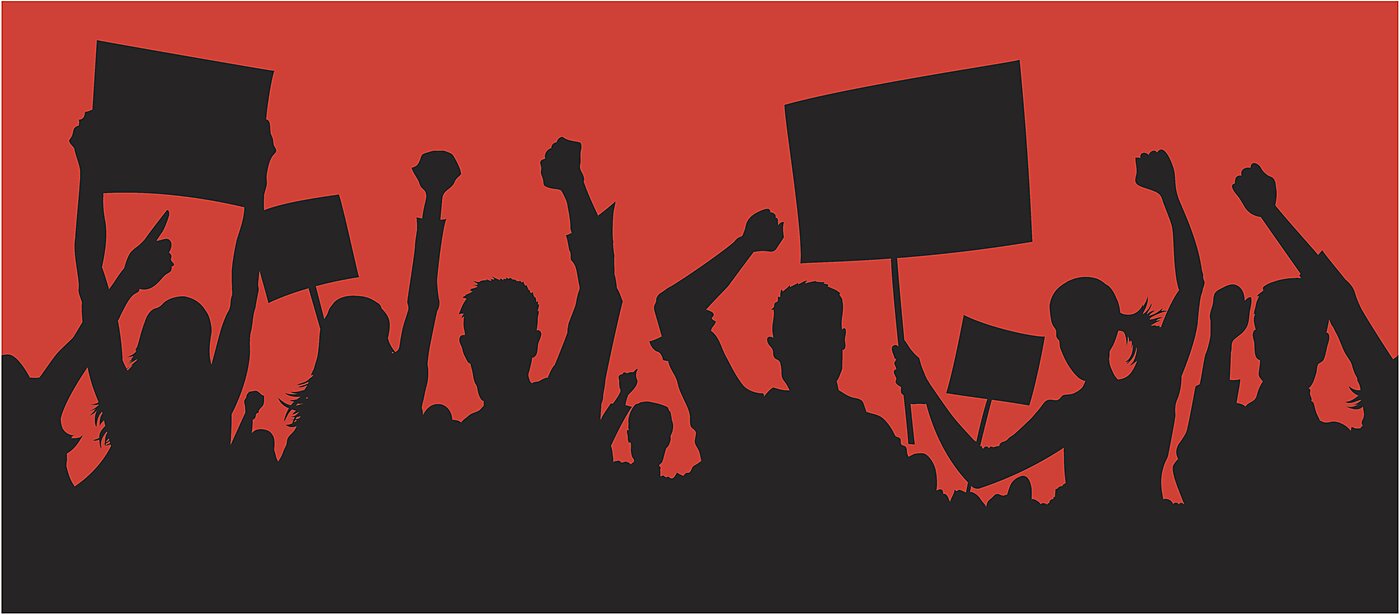In early November, Nate Silver published his analysis of the 2024 College Free Speech polling done by the College Pulse and the Foundation for Individual Rights and Expression (FIRE) earlier this year. And boy is his analysis sobering.
Students in the past led the charge for free expression, championing disfavored perspectives. Today a majority of students would reject speakers with disfavored views on some of the biggest issues in our society.
In the poll, only 29 percent of students said a speaker who viewed transgender people as having a mental disorder or who viewed “Black Lives Matter” as a hate group should be allowed to speak. Only 43 percent said an advocate for the abolition of abortion should be allowed on campus.
On the other hand, 65 percent of students would allow a speaker calling for the abolition of the Second Amendment so guns can be confiscated; 57 percent would allow a speaker who argued that religious liberty is used as an excuse to discriminate against gays and lesbians; and 72 percent would allow speakers with the view that structural racism maintains inequality by protecting White privilege.
Such disparate views toward speech were largely driven by a divide between students on the left—who were permissive of progressive speakers but hostile to conservative speakers—and conservative students—who were fairly consistent in their support for speakers regardless of political viewpoint.
But this polling contains other worrisome findings that transcend the viewpoints of speakers, such as that only 37 percent of students think it is never acceptable to shout down a speaker; only 55% think it is never acceptable to block other students from attending a speech; and 27% of students believe that violence can rarely, sometimes, or always be an acceptable answer to stop a campus speech.
As Silver rightly notes, there is also plenty of blame to go around with both conservatives and progressives also calling for restrictions on certain types of speech or certain types of speakers.
The threat to a culture of free expression is rising. While some may write off this threat as a passing fad that doesn’t threaten American First Amendment liberties, it is only a matter of time before a culture of silence and cancellation work their way into our laws and jurisprudence. As George Orwell wrote, “The point is that the relative freedom which we enjoy depends on public opinion. The law is no protection. Governments make laws, but whether they are carried out, and how the police behave, depends on the general temper in the country. If large numbers of people are interested in freedom of speech, there will be freedom of speech, even if the law forbids it; if public opinion is sluggish, inconvenient minorities will be persecuted, even if laws exist to protect them.”
FIRE’s polling highlights the ongoing challenge to a culture of free expression in the US as well as concerns about cancel culture. These issues are discussed further in FIRE President Greg Lukianoff’s recently coauthored new book The Canceling of the American Mind: Cancel Culture Undermines Trust and Threatens Us All―But There Is a Solution (Cato will host a book discussion Dec 6, 2024) on how cancel culture is a symptom of a larger problem— Americans are using cheap yet powerful tactics to de-platform those they disagree with rather than engage in difficult conversations. Thankfully, the Canceling book provides ideas for how we can restore a culture of free expression on college campuses and beyond through better citizenship
FIRE’s polling and Nate Silver’s analysis are cause for concern. Support for expression is fading, even among those who have historically needed and utilized free expression the most. As Americans debate a variety of contentious issues, cancellation and censorship must be resisted. As Canceling makes clear, we must build a culture of free expression if we are to continue to enjoy the many benefits of free expression.



